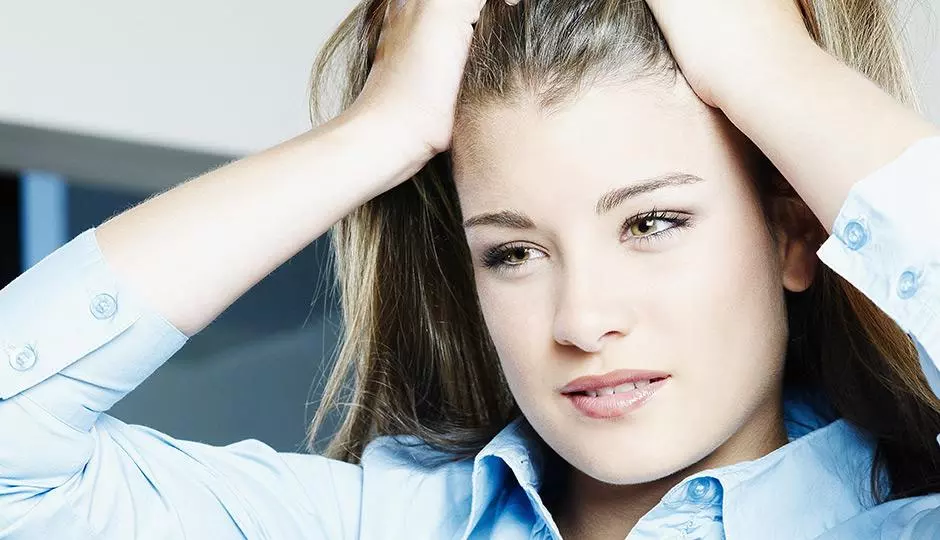At some point in your life, you may have had an experience where you felt so frustrated or angry that you almost could have pulled your hair out. What you may not realize is that this is an actual disorder. It’s called trichotillomania, and it’s essentially an impulse control disorder. The people who have this condition know that they’re damaging themselves when they twist or even rip their hair out, and yet they cannot stop themselves from doing it anyway.
Most fundamentally, this is a response to stress. Ripping hair out actually has a soothing effect on those who have trichotillomania and who are laboring under high levels of tension and anxiety. But what else does this condition encompass—and what can be done about it?
Trichotillomania: The Symptoms
The basic symptoms are these:
- Repeatedly pulling your own hair out
- Feeling immense tension before pulling your hair, or when attempting to stop yourself from pulling it
- Feeling a sense of relief or pleasure when you do pull your hair
- Personal or professional distress as a result of your hair pulling
- Bare patches on your head where you’ve pulled your hair out
- Other behaviors such as twirling hair, twisting it between the teeth, chewing it, or in some cases even eating it
Note that, as with many mental health disorders, this one can often be accompanied by denial. The person with trichotillomania may not only deny the problem, but also use caps, hats, or wigs to hide it.
Diagnosing Trichotillomania
So what causes trichotillomania, exactly? The science on that isn’t exactly clear. What researchers hypothesize is that it stems from abnormalities in brain patterns—and in particular, those parts of the brain that govern impulse control, habit formation, and the way we respond to stress.
Some people may be a little bit more susceptible to trichotillomania than others—in particular those who have a family history of depression or anxiety disorders. Indeed, anxiety and depression are often co-occurring conditions.
While there is no specific test to check for trichotillomania, doctors can diagnose it simply based on the presence of these outwardly-manifesting symptoms. Treatment will likely include a referral to a psychiatrist or a therapist of some kind.
Trichotillomania and Hair Loss
Of course, there are really two issues to be concerned with here. The most serious—the root cause of all of this—is the trichotillomania itself. However, those who struggle with trichotillomania may also wish to find solutions for their hair loss.
The good news is that such solutions do exist. Once you find a good therapist to help you manage the symptoms of trichotillomania, you can give us a call at LH Hair Solutions. We’ll talk with you about some of the options that are available for hair restoration—solutions that can be customized to fit your needs. Put your health first, of course—but from there, contact us to talk about your hair!

